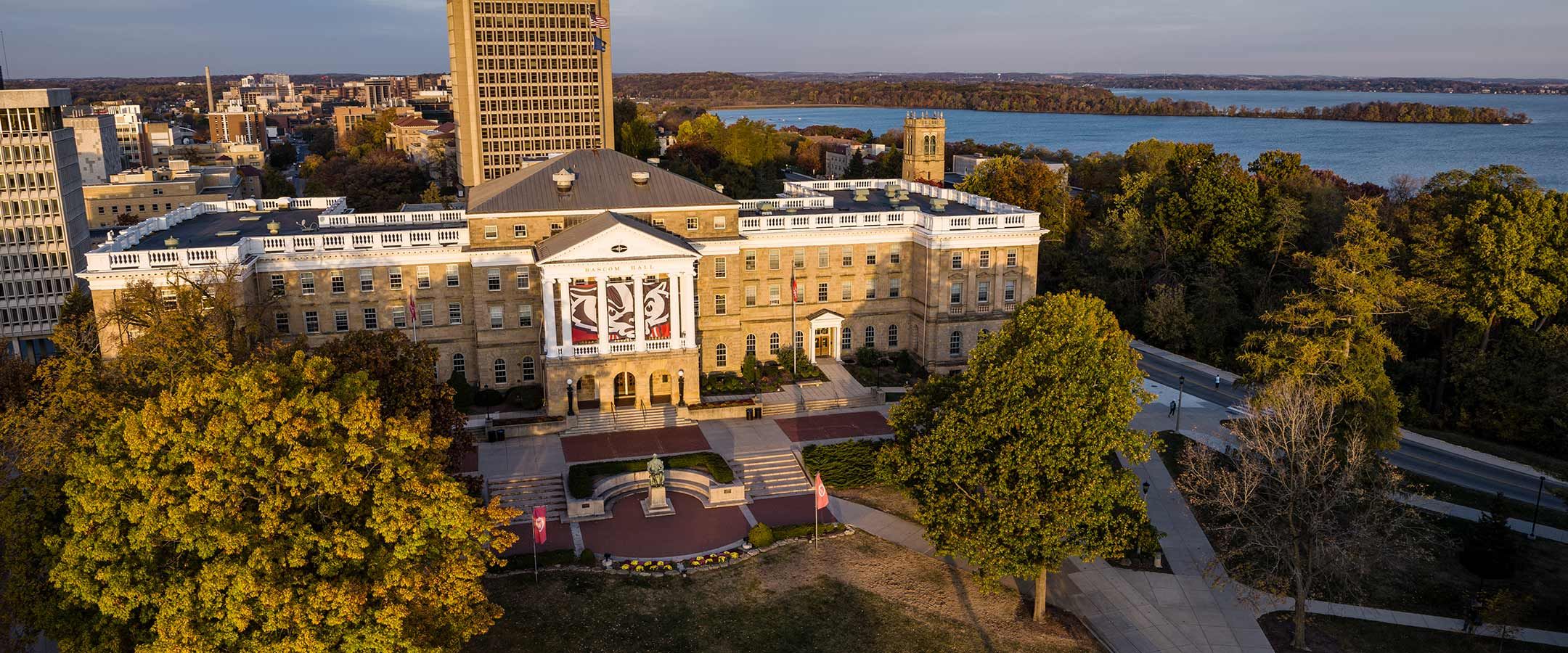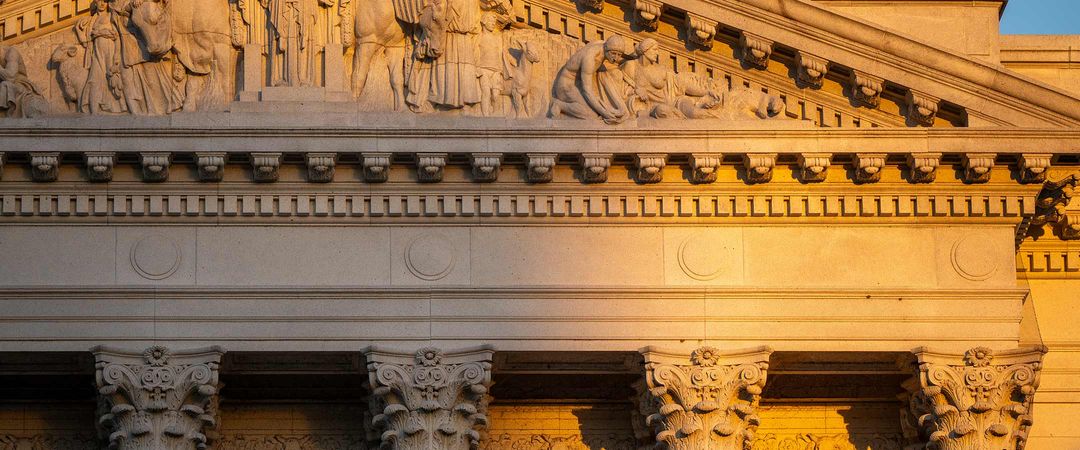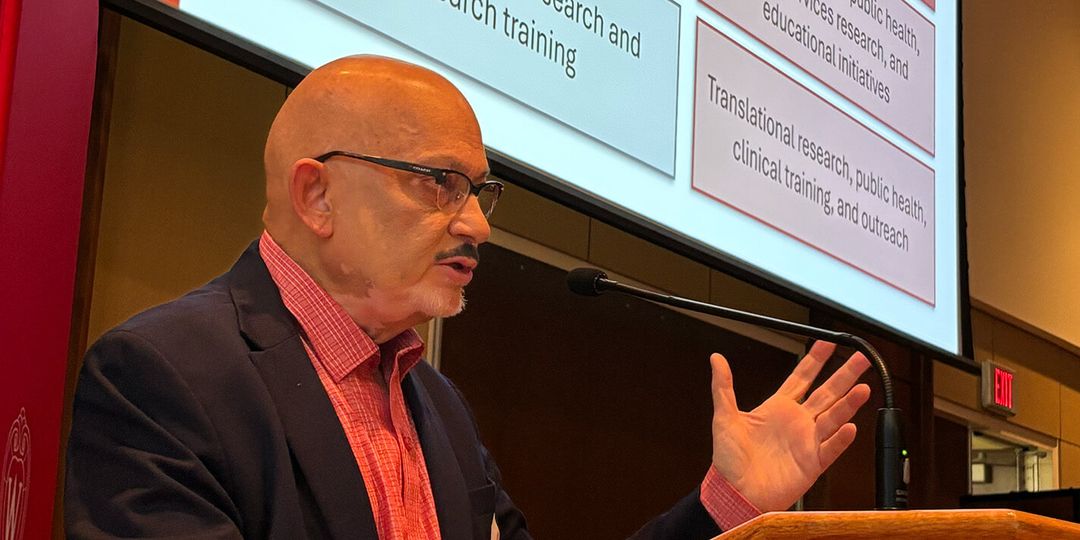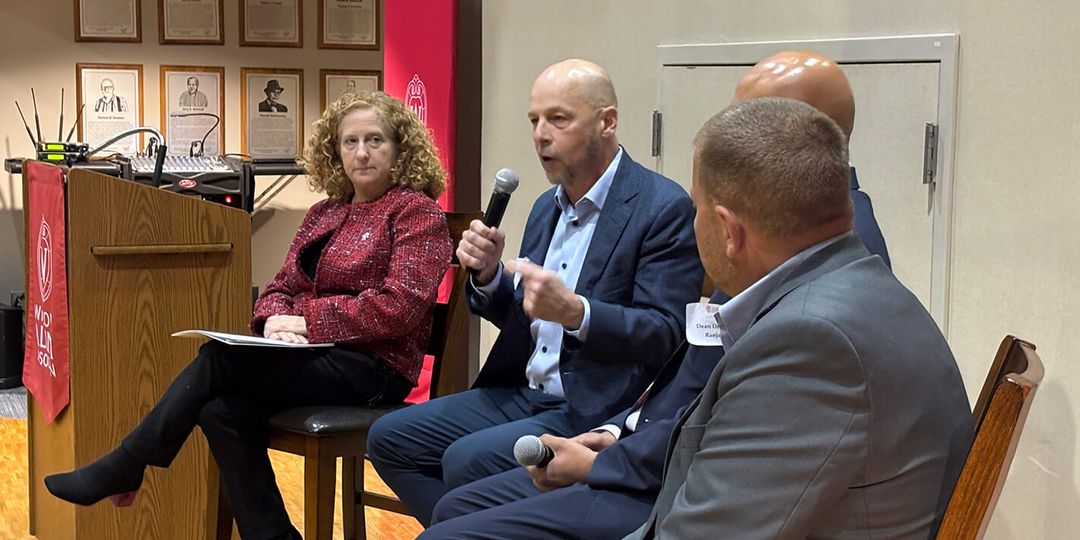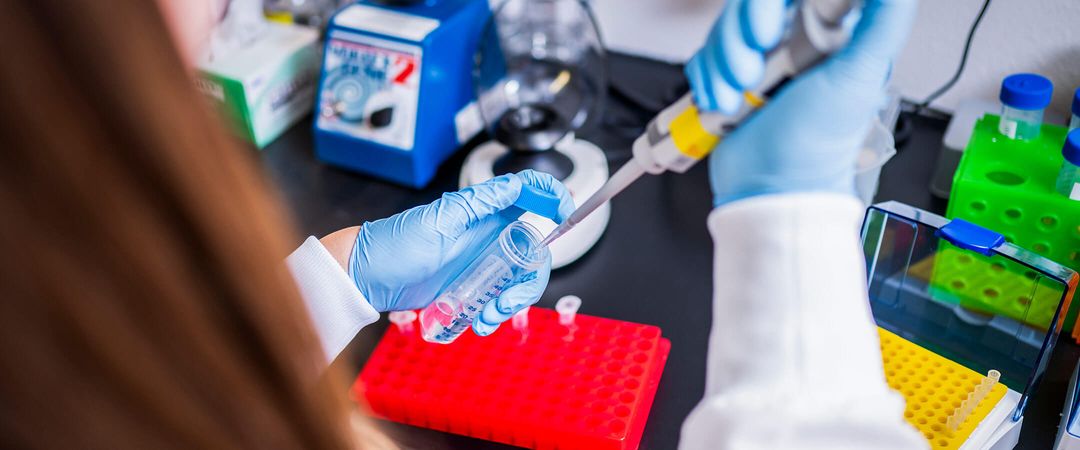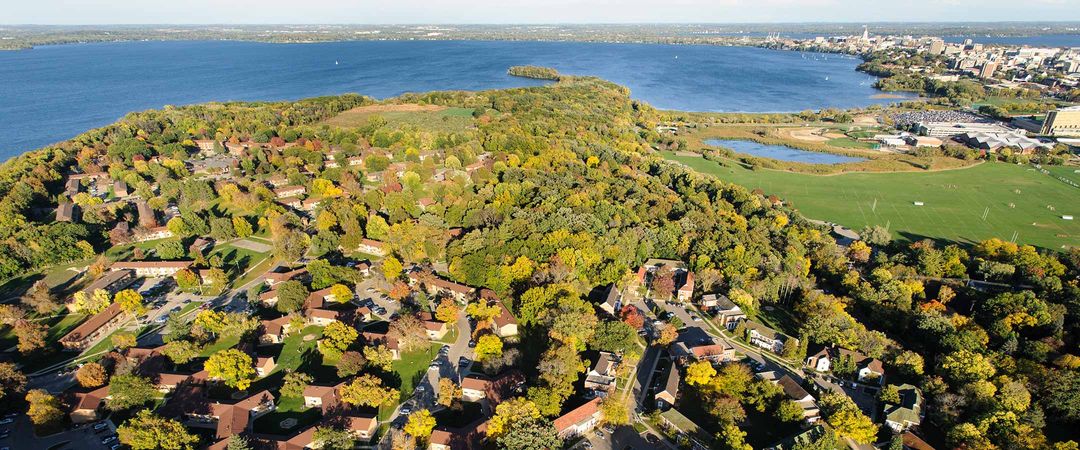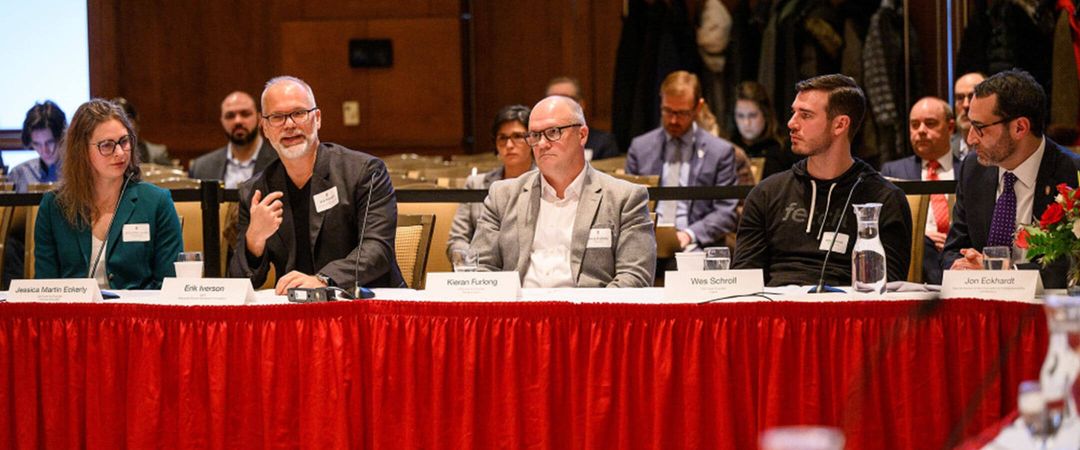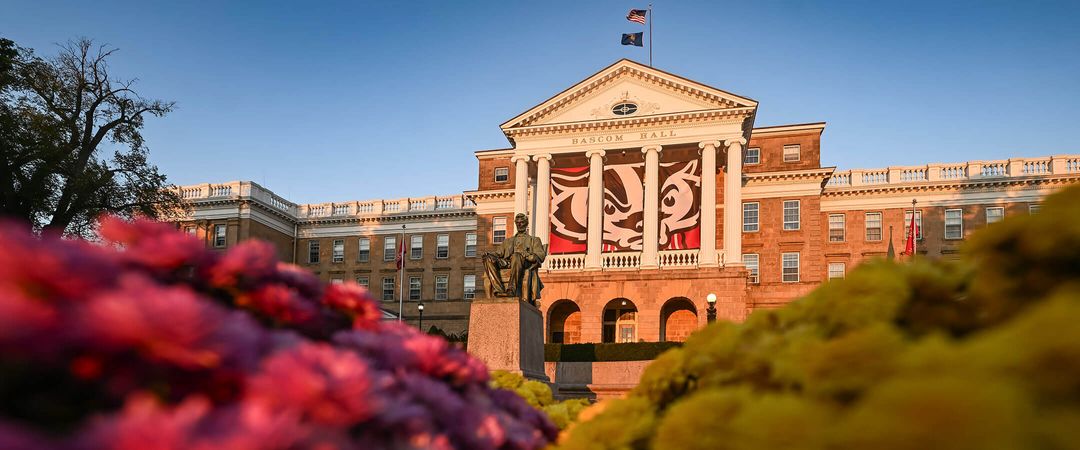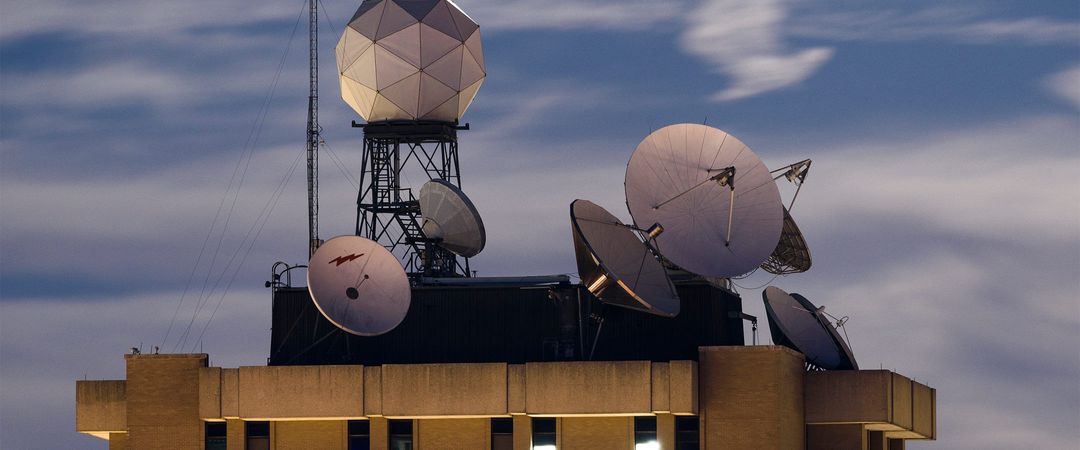Every two years, the Universities of Wisconsin (formerly known as the UW System) submits a budget request to fund operations and building projects for all UW colleges and universities in the state. The theme for the 2025–27 state budget request to the governor and legislature is ensuring Wisconsin is no longer ranked 43rd among all U.S. states in funding for its public four-year universities. As the budget proposal and approval window for the next biennium approaches, it is beneficial to know exactly what the Universities of Wisconsin are requesting from the state. The biennium request for the 2025–27 fiscal years amounts to an increase in funding of $855,143,000, which would move Wisconsin to 25th in the nation for support of higher education. This budget request is broken into five thematic areas: ensuring quality, increasing affordability, preserving accessibility, developing talent, and investing in innovation.
According to UW System Board of Regents president Amy Bogost ’83, the budget request is an investment in people: the faculty and staff who help produce graduates who will contribute to the economy of our state. “The amount of opportunities that this state has to grow, in all sectors, is pretty remarkable,” Bogost says. “To achieve that goal, we need people who have four-year degrees, and degrees beyond that, who can work in our state and support our businesses. Investing in the Universities of Wisconsin is the best way to fuel that growth.”
Ensuring Quality
The Universities of Wisconsin are requesting $203,280,000 for the biennium to ensure the quality of a UW education. UW–Madison will allocate this funding to their proposed 5 percent and 3 percent pay plan, as well as merit and market salary adjustments. The pay plan will increase salaries by 5 percent in the 2026 fiscal year and 3 percent in the 2027 fiscal year to enhance recruitment and retention of UW employees. The full request for this pay plan is $147.3 million. The merit and market salary adjustments will help to retain high-performing faculty and meet market demands. This plan particularly focuses on the 11 UW comprehensive universities and UW–Milwaukee because the average faculty and staff salaries currently do not meet the national median. UW–Madison is requesting $56 million for this portion of the pay plan.
Bogost insists that the investment in UW faculty and staff is crucial. “You can’t run a top organization in today’s world without a talented workforce. Nurses are expensive to educate. Engineers are expensive to educate. The jobs of the future … are expensive to educate. If we want to truly live up to the Wisconsin Idea, we have to be prepared to keep educating our students for the economy of the future.”
Increasing Affordability
The Universities of Wisconsin are requesting $128,970,000 for the biennium to increase affordability. The four aspects of this budget area are the Wisconsin Tuition Promise, Wisconsin Grant Awards, tuition remission for veterans and their dependents, and tuition remission for tribal members. The Wisconsin Tuition Promise, if funded properly, will cover the cost of tuition and fees for low- and middle-income families in Wisconsin from a household with an adjusted gross income of less than or equal to $71,000. This request expands upon the successful Bucky’s Tuition Promise already offered at UW–Madison. The recommended investment for the Wisconsin Tuition Promise is $39.9 million. The Universities of Wisconsin are also requesting an increase in Wisconsin Grant Awards which is a needs-based financial aid program. The request will increase student grant awards up to $4,500 or approximately 50 percent of the average tuition and fees at a UW campus. They are also emphasizing the funding of statutorily required tuition and fee remissions for all eligible veterans and their dependents across all UW campuses. This funding should also cover additional wraparound services for the challenges that veterans face in earning an education. The request to meet these needs is $84 million. Finally, the UW is requesting $5 million to fully fund tuition and fees for enrolled members of a recognized tribal nation in Wisconsin.
Preserving Accessibility
The Universities of Wisconsin are asking for $269,970,000 to preserve accessibility. A total of $156 million is requested for general purpose revenue (GPR) for increased operating costs due to inflation. This money will be allocated across all 13 universities. Generally, campus pays 30 percent of the salary pay plan, including merit and market adjustments, and the state pays 70 percent. A requested increase of $87.1 million in state GPR support will relieve the universities from absorbing the 30 percent share of the plans. This would mean the universities will not have pressure to raise their tuition. The rest of the requested money for accessibility will go to dual enrollment, Direct Admit Wisconsin, Wisconsin Welcome Back, transfer pathways, and recruitment and outreach.
Talent Development
Talent development encompasses support for student success initiatives and continuing education. To fulfill these objectives, the UW is requesting $83,638,000 over the biennium. Of that, $62.7 million will go to mental health and well-being, student retention, career readiness, civil dialogue training, high-impact practices (including undergraduate research and internships), and prior learning assessments. The rest of the money will go to continuing education, to provide reskilling and upskilling opportunities for local employees.
Investing in Innovation
Finally, the Universities of Wisconsin are requesting $69,285,000 for innovation initiatives. This money will fund the Artificial Intelligence (AI) Hub, the Freshwater Collaborative, and the Dairy Innovation Hub. UW–Madison wants to develop AI capacity with the Universities of Wisconsin to support the state’s industries and workforce. This includes faculty recruitment and development, curriculum and classroom applications, online collaborative programs, and research and infrastructure. The recommended investment for UW–Madison’s plans for AI is $57.3 million. UW–Madison is also recommending $5 million for the Freshwater Collaborative, which is an initiative that protects clean water resources through research, training, and collaboration with government agencies, businesses, nonprofits, and community members. The Dairy Innovation Hub is an initiative that would fund projects, support student researchers, and keep Wisconsin’s dairy community as a leader in innovation. Wisconsin’s dairy community generates approximately $46 billion and nearly 160,000 jobs, so it is in the state’s interest to uplift this industry. The Dairy Innovation Hub would especially benefit UW–Madison, UW–River Falls, and UW–Platteville, and the Universities of Wisconsin have requested $7 million for this project specifically.
The full Universities of Wisconsin request was approved in August by the board of regents and forwarded to Governor Tony Evers for inclusion in his 2025–27 state budget.
